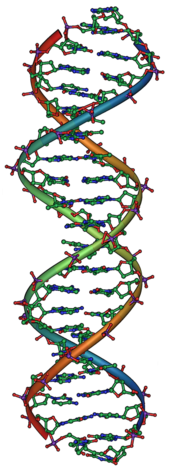What men are poets who can speak of Jupiter if he were like a man, but if he is an immense spinning sphere of methane and ammonia must be silent?
Ruth Patel makes the excellent point that both scientists and poets move between macro and micro perspectives, finding the universal in the particular. Some modern science inspired poets whose wonderful work has caught my eye over the past year include Emily Ballou, with her Darwin Poems (some of which are taken holus-bolus from Darwin's diaries - he was rather a poet himself), this year's Pulitzer Prize winning Life on Mars by Tracy K Smith, and Urban Biology by Ian Gibbins, who I've just interviewed here. Ian and I spoke at some length (though not long enough...we could have gone on for quite a while more I think) about the intersection between science and poetry. Because the conversation was so good, I didn't get the chance to ask him to read what is probably my favourite poem - "Space Invaders", the slightly tongue-in-cheek, but still chilling piece that opens the book. I'm just giving you a tiny taste from the second stanza. If you want more, visit Gibbins' website.
Once we are here,
molecule by precious molecule,
we will infiltrate your haemopoietic stream,
until your body fluids flow as thin as solar wind.
Like bamboo beneath your fingernails,
we will reduce all commuincation
to compromise and distant coments,
adrift in the cloying starlight.



I agree poetry and science go together well. Erasmus Darwin wrote a long poem about how Proteus changes forms in the ocean to create all the creatures, which surely inspired his grandson, Charles, in developing his theory of Evolution.
ReplyDeleteI am writing an epic poem in blank verse about scientists I call the Hermead. So far I am at about 30,000 lines in the Greek philosophers.